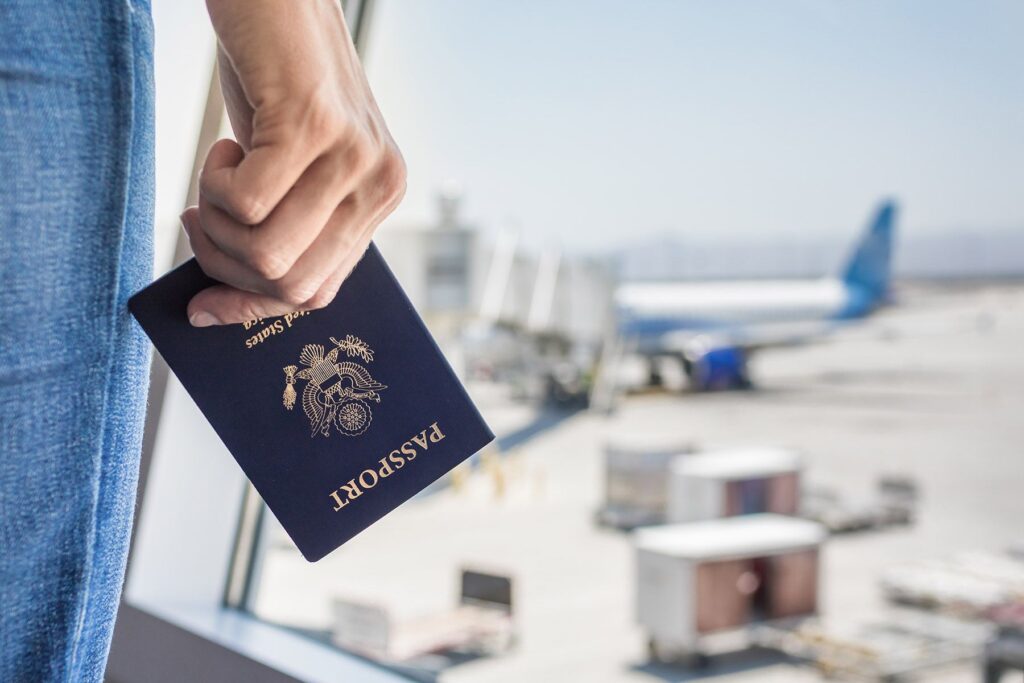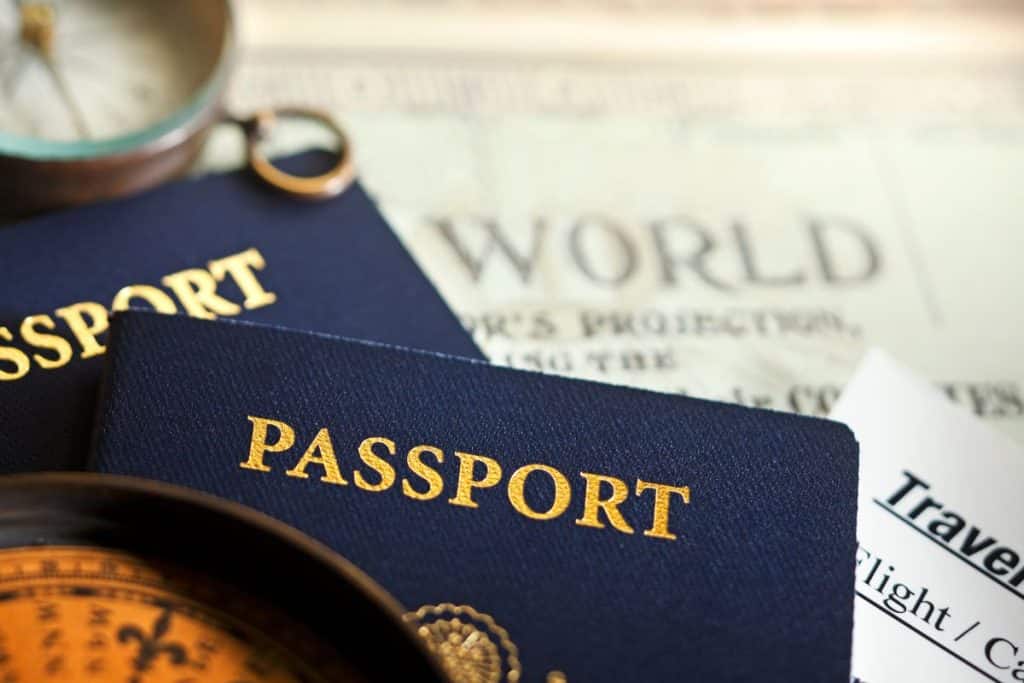A dual nationality or dual citizenship holder possesses the rights and exclusive status of two countries at a time. Over the past few years, the dual nationality concept has gotten popular. High Net Worth Individuals (HNWIs) heavily opt for it for its associated benefits. Higher global mobility, more business opportunities, and a secure environment are some of the significant benefits of having dual nationality.
Top 5 Benefits of Dual Nationality
Talking about the benefits of dual nationality, greater mobility, and capital protection are the factors that may come to your mind. But in actuality, the advantages of dual nationality are much more comprehensive than what you already know. If you plan to opt for dual nationality, you should examine these benefits as they can help you make a better decision.
1. Two Passports at a Time
The biggest perk of dual nationality is that you can legally hold passports of two different countries at a time. It is, in fact, the primary reason why HNWIs are heavily transitioning to dual nationality which gives them visa-free or visa-on-arrival facilities to over 150 countries.
Your native country might not have a strong passport to ease mobility limitations. In such a situation, you can opt for dual nationality as it allows you to select your second nationality and choose a passport of your desirable strength.
With a more powerful passport, you can attain global mobility and access top destinations worldwide. Visa rejection, appointment disapproval, and accessibility problems will become the issues of the past when you have dual nationality.
2. Better Business Opportunities
Most people opt for dual nationality when they don’t find viable business options in their native country. You can access your desired business opportunities by opting for a nationality of your desired country.
Moreover, if you want to expand your business to an international level, dual nationality can prove helpful in that regard too. The second passport will allow you to trade, build a startup, or even migrate your business to the new country.

3. Permanent Work Permit
Usually, expats and immigrants undergo a lengthy legal process and observe countless regulations to attain a work permit. But none of these procedures is required if you are a citizen or a permanent resident. Furthermore, the job market always prefers citizens over immigrants, which is another advantage dual nationality holders have over immigrants.
4. Purchasing Properties
Another notable advantage of dual nationality is that you can easily purchase properties in either country. Most countries do not allow non-residents to invest in their real estate sector. But since real estate has emerged as the most-desirable economic sector, investors are seeking alternative ways to plow money into lucrative realty markets.
The second passport gives you the same rights as any other citizen, allowing you to even claim property rights. Investors and HNWIs can attain dual nationality in countries like UAE or Portugal and invest in its property sector. In this way, you cannot only build yourself a future asset but also have a second home in the new country.
5. Secure and Prosperous Lifestyle
Your native country may not offer your family a stable and secure life. Russia, Ukraine, Syria, Sudan, Iran, Lebanon are some notable examples of this situation. Such people struggling to stabilize themselves economically and socially can transition to dual citizenship.
You can shield your family from an adverse political or geographical environment with a second passport to a more peaceful and secure country. Moreover, a stable country with a powerful passport can provide your family with better healthcare, education, and career opportunities.
Nowadays, almost every other country, including the USA and Canada, offers remunerative second passport schemes to HNWIs. A dual nationality holder enjoys the same citizen rights but in two countries simultaneously. You can choose a second citizenship of a country with additional considerations like a tax-free system or free healthcare services.
